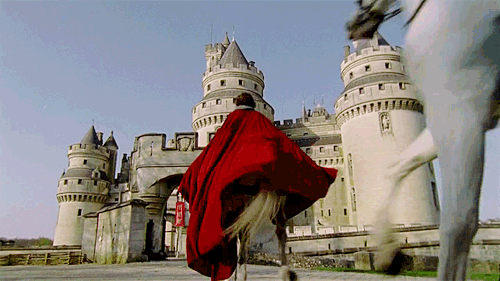The Wife of Bath's Tale
Illustrated in The Graphics Interchange Format
In the old days of King Arthur, today
Still praised by Britons in a special way,
This land was filled with fairies all about.
The elf-queen with her jolly little rout
In many a green field often danced. Indeed
This was the old belief of which I read;
I speak of many hundred years ago.
But now such elves no one is seeing.
In the days of King Arthur, the Wife of Bath begins, the isle of Britain was
full of fairies and elves. Now, those creatures are gone because their
spots have been taken by the friars and other mendicants that seem to fill
every nook and cranny of the isle. And though the friars rape women, just
as the incubi did in the days of the fairies, the friars only cause women
dishonor - the incubi always got them pregnant.

It happened that King Arthur had with him
A bachelor in his house; this lusty liver,
While riding from his hawking by the river,
Once chanced upon, alone as she was born,
A maiden who was walking--soon forlorn,
For he, despite all that she did or said,
By force deprived her of her maidenhead.

Because of this, there was such clamoring
And such demand for justice to the king,

This knight was all but numbered with the dead
By course of law, and should have lost his head
(Which may have been the law in that milieu).
But then the queen and other ladies too
Prayed so long that the king might grant him grace,

King Arthur spared him for at least a space;
He left him to the queen to do her will,
To choose to save or order them to kill.
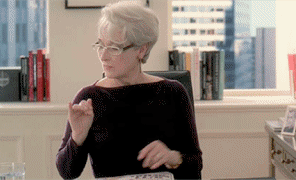
The queen then thanked the king with all her might,
And after this the queen spoke with the knight
When she saw opportunity one day.
"For you," she said, "things stand in such a way
You can't be sure if you're to live or not.
I'll grant you life if you can tell me what
It is that women most desire. Beware
The iron ax, your neckbone now to spare!

And if you cannot tell me right away,
I'll give you leave, a twelvemonth and a day,
That you may go to seek, that you might find
An answer that is of sufficient kind.
I want your word before you take a pace:
You'll bring yourself back to this very place."
This knight with sorrow sighed, was full of woe.

What could he do? Not as he pleased, and so
To go away was what he finally chose,
To come back when his year was at its close
With such an answer as God might provide.
He took his leave and forth he went to ride.

He sought in every house and every place
In hopes he could secure the promised grace
By learning that which women love the most.

But he did not arrive at any coast
Where he could find two people on the matter
Who might agree, if judging by their chatter.
Some said that women all love riches best,
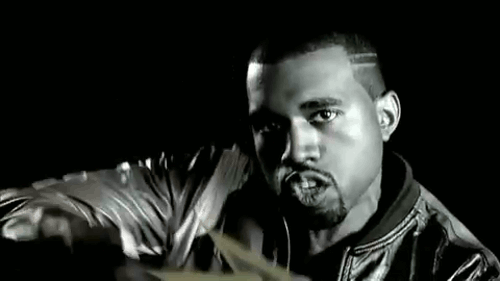
While some said honor, others jolly zest,
Some rich array; some said delights in bed,
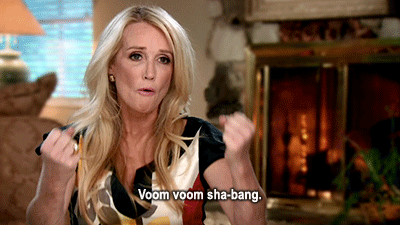
And many said to be a widow wed;
Some others said that our hearts are most eased
When we are flattered and when we are pleased--

And he was nigh the truth, if you ask me.
A man shall win us best with flattery;
With much attendance, charm, and application
Can we be caught, whatever be our station.
Some said our love to which we all aspire
Is to be free to do as we desire,

With no reproof of vice but with the rule
That men should say we're wise, not one a fool.
For truly there is none among us all
Who, if a man should claw us on the gall,
Won't kick for being told the truth; he who
Does an assay will find out that it's true.
But though we may have vices kept within,
We like to be called wise and clean of sin.


As proof, the Wife retells Ovid�s story of Midas. Midas had two ass�s
ears growing under his hair, which he concealed from everybody except his
wife, whom he begged not to disclose his secret. She swore she would not,
but the secret burned so much inside her that she ran down to a marsh and
whispered her husband�s secret to the water. The Wife then says that if her
listeners would like to hear how the tale ends, they should read Ovid.

This knight of whom my tale is all about,
When seeing that he couldn't find it out--
That is to say, what women love the most--
Felt in his breast already like a ghost;
For home he headed, he could not sojourn,
The day had come when homeward he must turn.

And in this woeful state he chanced to ride
While on his way along a forest side,
And there he saw upon the forest floor
Some ladies dancing, twenty-four or more.
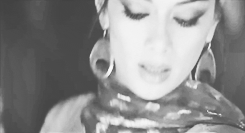
Toward these dancers he was quick to turn
In hope that of some wisdom he might learn;
But all at once, before he'd gotten there,
The dancers disappeared, he knew not where.

He didn't see one creature bearing life,
Save sitting on the green one single wife.
An uglier creature no mind could devise.

To meet him this old wife was to arise,
And said, "You can't get there from here, Sir Knight.
What are you seeking, by your faith? It might
Well be to your advantage, sir, to tell;
Old folks like me know many things, and well."

"Dear mother," said the knight, "it is for sure
That I am dead if I cannot secure
What thing it is that women most desire.
If you could teach me, gladly I would hire."
"Give me your word here in my hand," said she,
"The next thing I request you'll do for me
If it's a thing that lies within your might,
And I will tell you then before it's night."
The knight said, "Here's my oath, I guarantee."
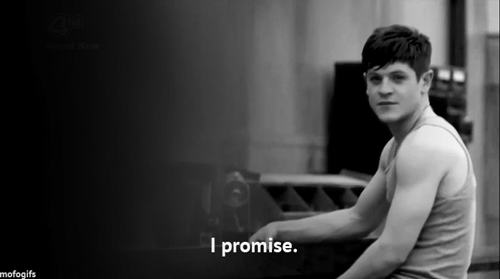
Then certainly I dare to boast," said she,
"Your life is safe, for I'll be standing by;
Upon my life, the queen will say as I.
Let's see who is the proudest of them all,
With kerchief or with headdress standing tall,
Who shall deny that which I have to teach.
Now let us go, no need to make a speech."
She whispered then a message in his ear
And bade him to be glad and have no fear.
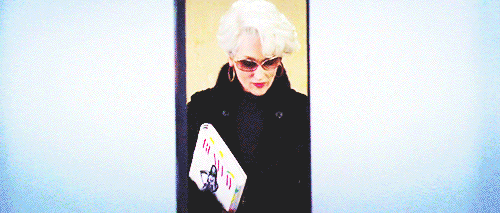
When they had come to court, the knight declared,
"I've come back to the day, and to be spared,
For I am now prepared to give reply."

The noble wives and maidens stood nearby,
And widows too (who were considered wise);
The queen sat like a justice in her guise.
All these had been assembled there to hear,
And then the knight was summoned to appear.
Full silence was commanded in the court
So that the knight might openly report

The thing that worldly women love the best.
He stood not like a beast at one's behest
But quickly gave his answer loud and clear,
With manly voice that all the court might hear.
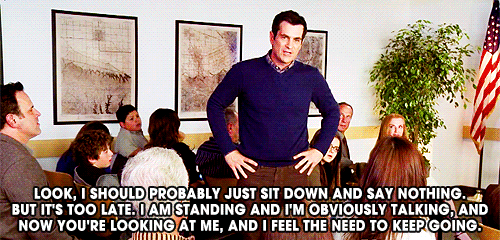
"My liege and lady, generally," said he,
"What women most desire is sovereignty
Over their husbands or the ones they love,
To have the mastery, to be above.
This is your most desire, though you may kill
Me if you wish. I'm here, do as you will."
No wife or maid or widow in the court
Saw fit to contradict the knight's report;
They all agreed, "He's worthy of his life."

And with that word up started the old wife,
The one the knight had seen upon the green.
"Mercy," she said, "my sovereign lady queen!
Before your court departs, grant me my right.
It's I who taught this answer to the knight,
For which he gave a solemn oath to me:

The first thing I request he'd do for me
If it's a thing that lies within his might.
Before the court I therefore pray, Sir Knight,"
She said, "that you will take me as your wife;
For well you know that I have saved your life.
If I speak falsely, by your faith accuse me."

The knight replied, "Alas, how woes abuse me!
I know I made the promise you've expressed.
For love of God, please choose a new request.
Take all my goods and let my body go."

"No, damn us both then!" she replied. "For though
I may be ugly, elderly, and poor,
I'd give all of the metal and the ore
That lies beneath the earth and lies above
If only I could be your wife and love."

"My love?" he said. "No, rather my damnation!
Alas! that there is any of my nation
Who ever could so foully be disgraced."
But all for naught, the end was that he faced
Constrainment, for he now would have to wed
And take his gray old wife with him to bed.

Now there are some men who might say perhaps
That it's my negligence or else a lapse
That I don't tell you of the joyous way
In which the feast took place that very day.
I'll answer briefly should the question fall:
There wasn't any joy or feast at all,
Just lots of sorrow, things went grievously.
He married her that morning privately,
Then all that day he hid just like an owl,
So woeful, for his wife looked really foul.
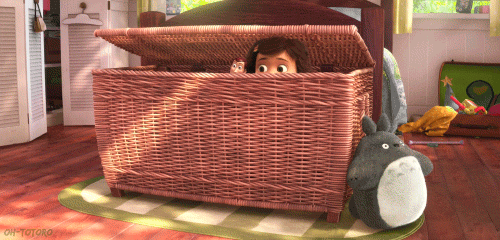
Great was the woe the knight had in his head
When with his wife he'd been brought to the bed;
He tossed and then he turned both to and fro.
His old wife lay there smiling at him, though,

And said, "Dear husband, benedicite!
Acts every knight toward his wife this way?
Is this the law of great King Arthur's house?
Is every knight of his so distant? Spouse,
I am your own true love and I'm your wife
And I'm the one as well who saved your life,
And I have never done you wrong or spite.
Why do you treat me so on our first night?
You act just like a man who's lost his wit.
What is my guilt? For God's love, tell me it,
And it shall be amended if I may."
"Amended?" asked the knight. "Whatever way?
There's no way it could ever be amended.
You are so old and loathsome--and descended,
To add to that, from such a lowly kind--
No wonder that I toss and turn and wind.
I wish to God my heart would burst, no less!"

"Is this," she said, "the cause of your distress?"
"Why, yes," said he, "and is there any wonder?"
She said, "I could amend the stress you're under,
If you desire, within the next three days,
If you'll treat me more kindly in your ways.

While in bed, the loathsome hag asks the knight why he is so sad. He replies
that he could hardly bear the shame of having such an ugly, lowborn wife.
She does not take offense at the insult, but calmly asks him whether real
�gentillesse,� or noble character, can be hereditary (1109). There have
been sons of noble fathers, she argues, who were shameful and villainous,
though they shared the same blood. Her family may be poor, but real poverty
lies in covetousness, and real riches lie in having little and wanting nothing.

"For being old you've also fussed at me;
Yet surely, sire, though no authority
Were in a book, you gentlemen select
Say men should treat an elder with respect
And call him father, by your courtesy.
I think I could find authors who agree.

"If I am old and ugly, as you've said,
Of cuckoldry you needn't have a dread;
For filthiness and age, as I may thrive,
Are guards that keep one's chastity alive.
But nonetheless, since I know your delight,
I shall fulfill your worldly appetite.

"Choose now," she said, "one of these two: that I
Be old and ugly till the day I die,
And be to you a true and humble wife,
One never to displease you all your life;
Or if you'd rather, have me young and fair,
And take your chance on those who will repair
To your house now and then because of me
(Or to some other place, it may well be).
Choose for yourself the one you'd rather try."

The knight gave it some thought, then gave a sigh,
And finally answered as you are to hear:
"My lady and my love and wife so dear,
I leave to your wise governance the measure;
You choose which one would give the fullest pleasure
And honor to you, and to me as well.
I don't care which you do, you best can tell.
What you desire is good enough for me."

"You've given me," she said, "the mastery?
The choice is mine and all's at my behest?"

"Yes, surely, wife," said he, "I think it best."
"Then kiss me, we'll no longer fight," she said,
"For you've my oath that I'll be both instead--
That is to say, I'll be both good and fair.
I pray to God I die in mad despair
Unless I am to you as good and true
As any wife since this old world was new.
Come dawn, if I'm not as fair to be seen
As any lady, empress, any queen
Who ever lived between the east and west,
Then take my life or do whatever's best.
Lift up the curtains now, see how it is."
And when the knight had truly seen all this,
How she was young and fair in all her charms,
In utter joy he took her in his arms;
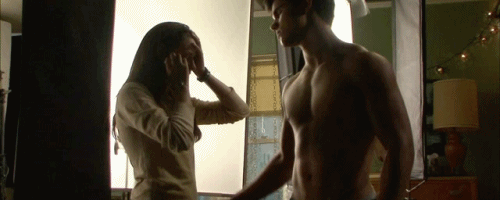
His heart was bathing in a bath of bliss,
A thousand kisses he began to kiss,
And she obeyed in each and every way,
Whatever was his pleasure or his play.

And so they lived, till their lives' very end, In perfect joy.

And may Christ Jesus send
Us husbands meek and young and fresh abed,
And then the grace to outlive those we wed;
I also pray that Jesus shorten lives
Of those who won't be governed by their wives;
As for old niggards angered by expense,
God send them soon a mighty pestilence!


